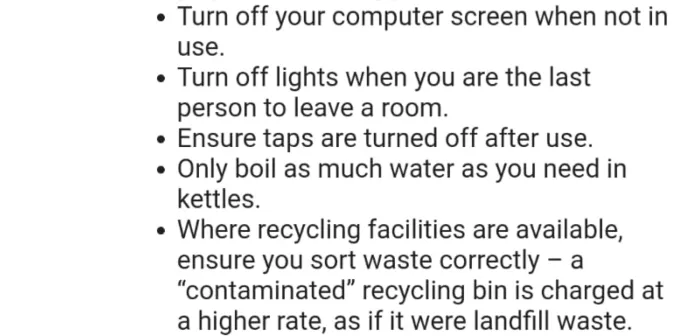Schools across one of the country’s biggest academy chains have been urged to use cover supervisors instead of supply teachers and only boil as much water as they need in their kettles, in a bid to help tackle a £1 million deficit.
The David Ross Education Trust (DRET), which runs more than 30 schools, is also stopping all non-essential travel and will be reviewing whether to fill some of its vacancies as a way of saving money, according to a document seen by Tes.
An email from the trust’s finance director, Jane Spencer, to DRET school leaders says that it is vital that the trust operates within its budget this year but is currently facing an in-year deficit of £1 million.
Exclusive: Major MAT losing a chief executive and leading head
Results: MAT centralises teaching after disappointing secondary results
Quick read: MAT boss says it’s hard to argue for autonomy
The message asks heads to consider the use of supply teachers carefully.
The email adds: “Is this really good value for money? For short term absence can you cover internally or use an agency cover supervisor instead of an agency teacher?”
Academy funding fears
The email includes other cost-saving advice for school leaders including only boiling “as much water as you need’ in kettles and turning off lights and computer screens.
It also says that some teaching vacancies and all non-teaching vacancies must be approved by the chief executive Rowena Hackwood and that some approved vacancies which have not been filled will be “re-reviewed for approval”.
Trust’s costing-saving advice email
The email says: “As you may be aware, we continue to face financial challenges as an organisation and must make spending decisions carefully, to ensure we achieve good value for money from public funds, maximising benefit for our pupils.
“From a financial results perspective, we are now nearly halfway through the year and our reported results show we are running at a year to date deficit of £1 million.
“It is vital we do everything we can, as a team, to ensure we operate within our overall trust-wide budget this year, to build on the good progress we made last year at reducing our overall cumulative deficit.
“We have some known areas of unavoidable overspend versus budget this year and so regardless of where we are currently forecasting to be individually against our budgets, we all need to take action to challenge all spend carefully.”
DRET has faced high-profile financial challenges.
In 2018 a financial management and governance review published by the Department for Education said that that trust was in a vulnerable financial position with a forecast deficit of £4.9 million and was looking to save money through “pooled regional budgets for all academy back-office functions”
The review was carried out in May of 2017 but published more than a year later.
The trust’s most recent published accounts for 2018-19 show that it faced a deficit of £1 million, an improvement on the previous year’s £1.4 million.
A DRET spokesperson said: “It’s right that all of us in the education sector are mindful of costs and take sensible steps to reduce any waste.
“As is well known, the funding environment continues to be challenging for schools across the country and so we have made a number of suggestions that will help ease the pressure whilst ensuring that there is no impact on frontline teaching.”
DRET pools its schools’ general annual grant funding, taking all this funding to the centre and then redistributing it back to schools.
Tes revealed last year that Rowena Hackwood will step down as its chief executive at the end of the academic year.
The trust has hired international executive recruitment firm Perrett Laver to run the process to appoint a new chief executive.






